‘ED brings positive changes to governance’
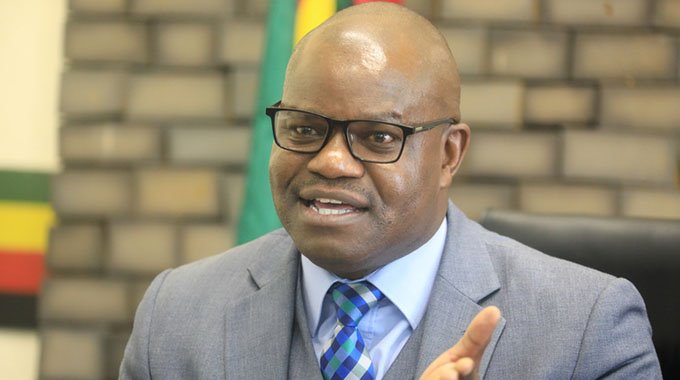
Kudakwashe Mugari Deputy News Editor
THE Cabinet Committee on Reform is working on recommendations made by the Motlanthe Commission, as part of a plethora of positive changes by President Mnangagwa’s administration to fulfil commitments on good governance, Secretary for Information, Publicity and Broadcasting Services Mr Nick Mangwana has said.
The Montlanthe Commission — chaired by statesman and former South African president Kgalema Montlanthe — was an international panel set up by President Mnangagwa to look into the post-election violence that occurred on August 1, last year. After presenting its findings — which President Mnangagwa made public in an extraordinary show of transparency — the panel came up with a battery of recommendations which sought to address the political exigencies associated with the unfortunate incident.
In an editorial published in The Herald on Saturday, Mr Mangwana said there was clear intent to undermine the outcome of the 2018 election, which President Mnangagwa had won, hence the violence.
Mr Mangwana said those behind the violence wanted to de-legitimise President Mnangagwa’s standing in the eyes of the international community through post-election disturbances that left six people dead.
But in an act of transparency that has come to define the Second Republic, President Mnangagwa on September 14, 2018, set up the Montlanthe Commission.
The recommendations of that panel are now being actioned, revealed Mr Mangwana.
‘‘All are getting their due consideration and there is an action plan matrix against each recommendation and there is a time limit by which this has to be implemented.
‘‘We are already somewhere with each and every single one of these. There is no record of such a transparent approach to governance and accountability in the history of this country prior to this,” Mr Mangwana said.
Part of the commission’s recommendations was “nation building and reconciliation, including an initiative for multi-party dialogue and cooperation and promotion of political tolerance, and responsible and accountable leadership and good governance”.
In May, President Mnangagwa launched the historic Political Actors Dialogue (POLAD), bringing together political leaders who participated in the presidential elections during last year’s harmonised elections.
‘‘President Mnangagwa has gone on record with a call for all progressive Zimbabweans to come together and build with him the Zimbabwe we want.
‘‘This call has been warmly received by political and civic society leaders, save for a few egomaniacs, witnessing the birth of a new culture of political tolerance,” he said.
Mr Mangwana also said under the new dispensation, the political reforms are there for everyone to see.
‘‘The major political reform in Zimbabwe started being witnessed by simple gestures, like Zimbabwean citizens who had not stepped their feet in the country for as much as 15 years being able to come to the motherland.
‘‘This saw people like music icon Thomas Mapfumo and a journalist who had been an acerbic critic of the Government being able to hold political chat shows (still) attacking the Government of Zimbabwe, with no retribution coming her way.
“She even did a number of provocative stunts at State House, but the State refused to be baited,’’ he said.
Mr Mangwana also said in line with the commission recommendations, President Mnangagwa is upholding the spirit of nationhood and reconciliation by engaging the previous regime’s enemies.
‘‘Zimbabwe had not hosted foreign media such as the British Broadcasting Corporation, Sky News and their ilk who had been outlawed in the previous era.
“In the new order, Zimbabwe does not only host these, it has gone to establish permanent bureaux for some. BBC no longer shouts news about Zimbabwe from across the Limpopo, in South Africa.
‘‘It has access to the President, who even hosts its correspondents at his official residence for tea.
“This was the beginning of the reform in the media sector, which is a key cog underpinning the democratisation agenda,’’ he said.
Last year, as Zimbabwe conducted its crucial elections, foreign media houses were allowed to come and report.

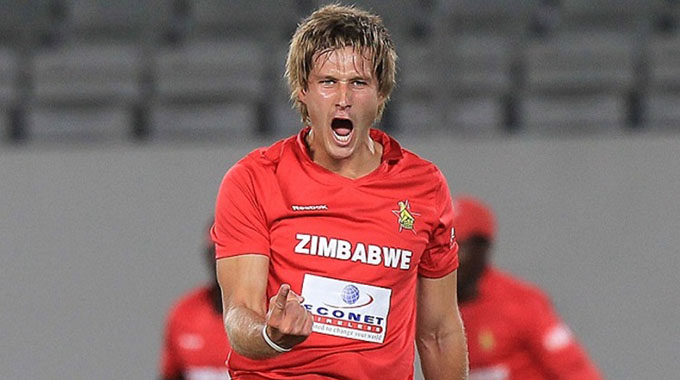
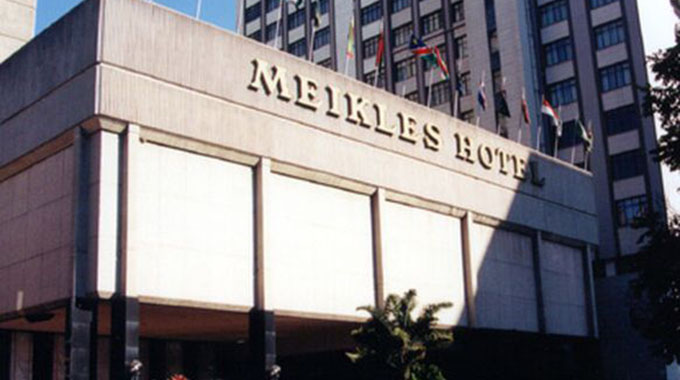
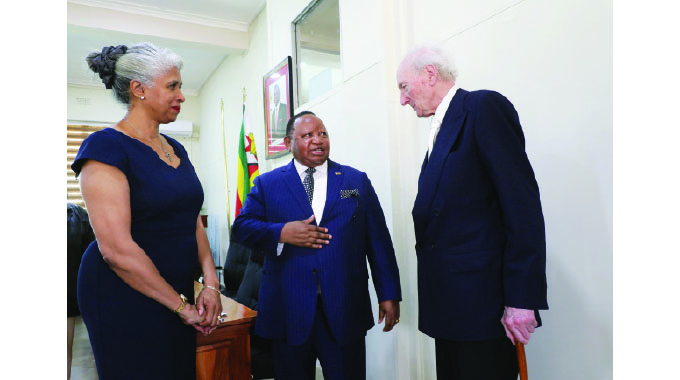
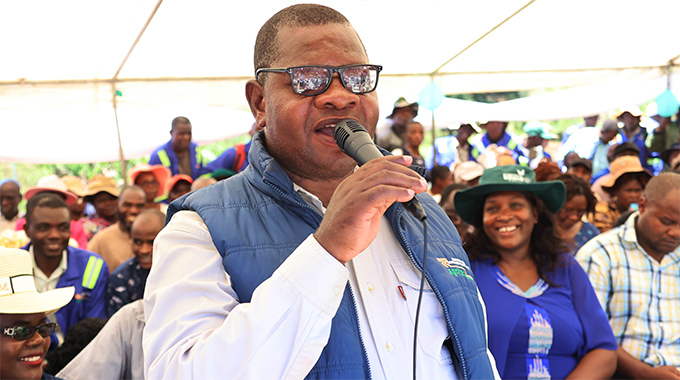
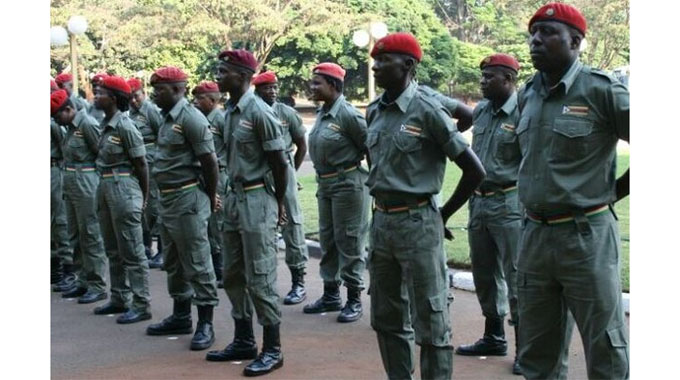

Comments